Double-layer or double-glazed glass, commonly used in windows, provides several benefits, including improved insulation and thermal efficiency. During winter,
double glazed glass contributes to creating a warmer indoor environment in the following ways:
Enhanced Insulation:
Double layer glass consists of two panes of glass with a space or gap between them. This gap is often filled with an insulating gas, such as argon or krypton. The additional layer and insulating material reduce heat transfer through the window, minimizing heat loss to the outside.
Reduced Heat Conduction:
The two panes of glass are separated by a spacer that further reduces heat conduction between the interior and exterior of the building. This helps maintain a more stable indoor temperature.
Minimized Drafts:
Double-layer glass windows are effective at preventing drafts, as the sealed space between the glass panes acts as a barrier to cold air entering the building and warm air escaping.
Condensation Control:
Condensation occurs when warm indoor air meets a cold surface. Double-layer glass helps maintain a higher temperature on the inner pane, reducing the likelihood of condensation forming on the interior surface of the window.
Energy Cost Savings:
Improved insulation and reduced heat loss mean that heating systems do not have to work as hard to maintain a comfortable temperature indoors. This can result in energy cost savings during the winter months.
Increased Comfort:
Double-layer glass contributes to a more comfortable living or working environment by creating a thermal barrier that prevents cold outdoor temperatures from affecting indoor comfort.
Sound Insulation:
In addition to thermal benefits, double-layer glass provides improved sound insulation. This can be particularly advantageous in urban areas or near busy streets, helping to create a quieter and more peaceful indoor space.
UV Protection:
Some double-layer glass windows are designed to block a significant portion of harmful ultraviolet (UV) rays. While this is beneficial throughout the year, it can be particularly appreciated in winter when the sun may still emit UV rays even on colder days.
Comfortable Window Surfaces:
Double-layer glass helps maintain a higher temperature on the inner pane, making the window surfaces more comfortable to touch during cold weather. This can enhance the overall perception of warmth in the indoor environment.
Adaptability to Different Climates:
Double-layer glass is versatile and effective in various climates, providing benefits not only in cold winter conditions but also in hot summers by helping to regulate indoor temperatures.
While double-layer glass contributes significantly to improving winter comfort, it is important to consider factors such as the quality of installation, the type of insulating gas used, and the overall window design to maximize its effectiveness. Additionally, combining double-layer glass with other energy-efficient practices, such as proper insulation and sealing, can further enhance the overall energy performance of a building.
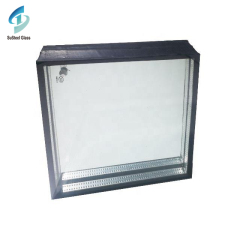


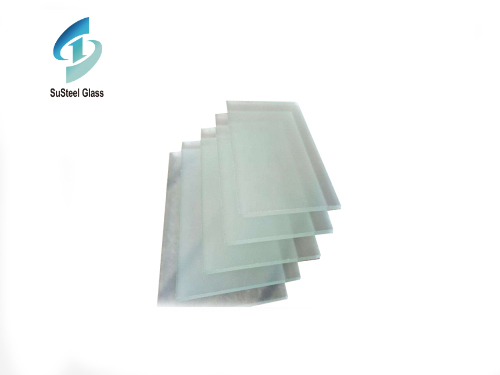 Exploring the Versatility and Elegance of Custom Thick Glass
Exploring the Versatility and Elegance of Custom Thick Glass
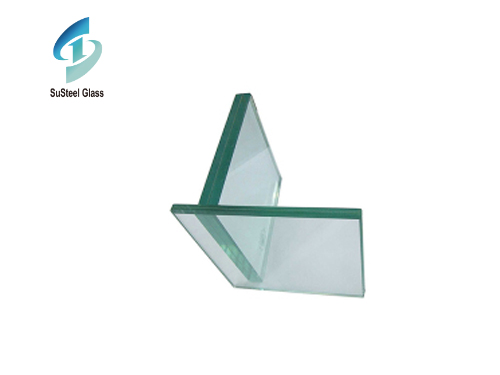 Unveiling the Strength and Versatility of Laminated Glass: Exploring Material Properties
Unveiling the Strength and Versatility of Laminated Glass: Exploring Material Properties
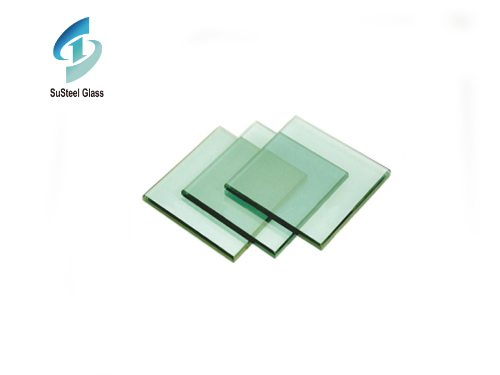 Enhancing Safety with Blast Resistant Glass: Innovations, Applications, and Protective Solutions
Enhancing Safety with Blast Resistant Glass: Innovations, Applications, and Protective Solutions
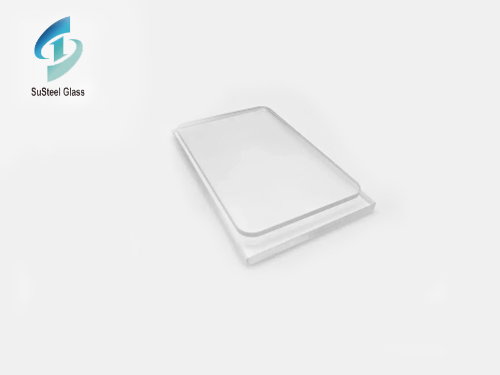 Painted glass has emerged as a captivating medium for interior design
Painted glass has emerged as a captivating medium for interior design

